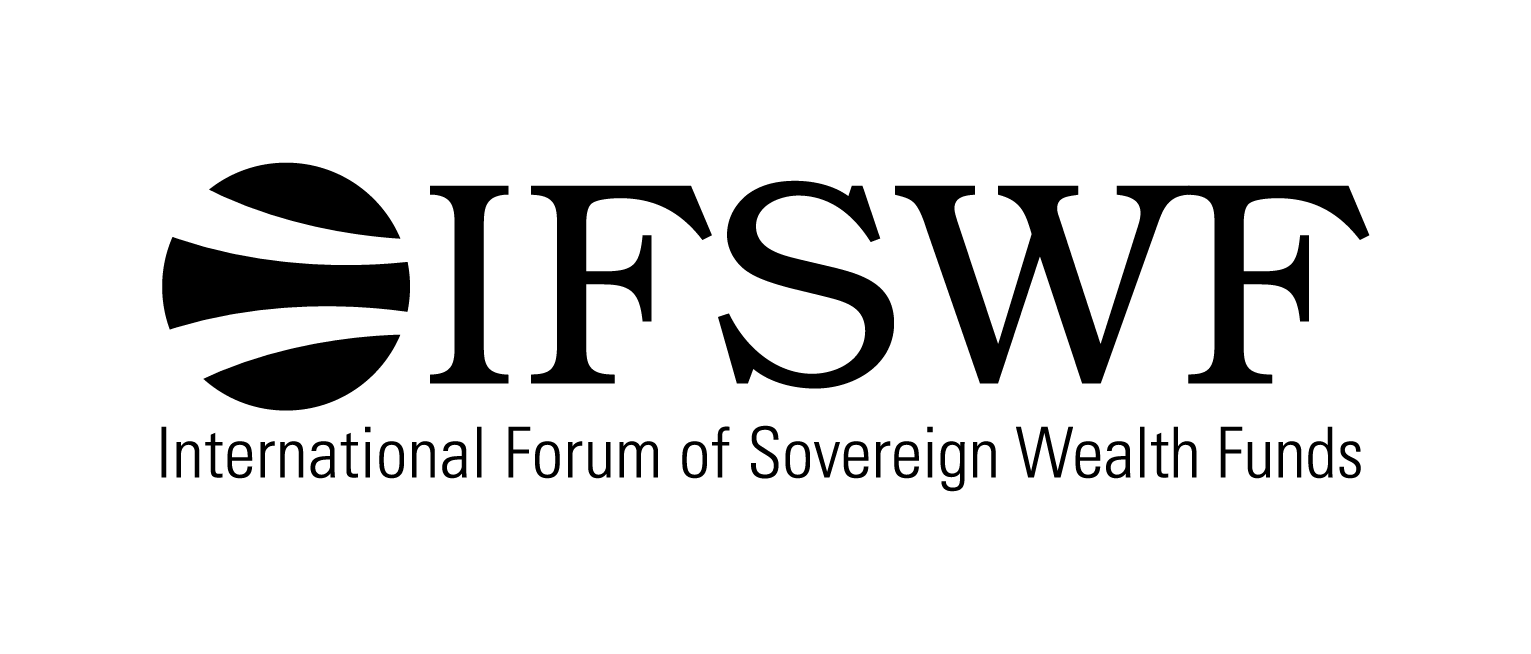It is not only about the fees
For sovereign wealth funds, co-investing is not only about saving money on fees, but also about gaining control of the investment process, particularly in infrastructure or in real estate where the investor has direct control over the shares. It is also beneficial from a portfolio construction point of view, as the asset owner can decide which assets match its risk profile and diversification needs.
Sovereign wealth funds can take on the majority of the risk management, capability and portfolio construction benefits of internal management by co-investing with partners, but without the need to be the leading investor in consortia bidding on assets. That said, in some asset classes, such as infrastructure, the Canadian model of direct investing and managing the asset directly rather than via a GP may be beneficial. This is because that the sovereign wealth funds could keep the asset for 50 to 60 years rather than the seven or eight normally mandated when investing with a GP.
Culture across teams is important
Many sovereign wealth funds find it beneficial to create a culture across the whole investment team in terms of remuneration and incentives. However, it is difficult to keep the balance between the skill sets that it takes to be really successful when investing in an individual asset class and the whole portfolio outcome Consequently, some sovereign wealth funds have decided not to hire a big team of direct private equity executives as it would not only be competing with GPs but could also create a fragmentation of objectives, as the sovereign fund would have to match (or better) private equity compensation. Instead, sovereign wealth funds often prefer to hire professionals that are skilled enough to engage with the GP in a sophisticated manner, but not so far as they would be wishing that they were on the other side of the fence. This process also helps the fund to build a cadre of experienced professionals to serve in other institutions, both public and private.
What can external managers improve?
Not everything is perfect in the relationship with external managers For example, in real estate, sovereign wealth funds can struggle to keep incentives aligned between them and their manager, although some asset owners use a separate account manager to address some of the challenges of this relationship, such as fees and short duration As a result, some sovereign wealth funds manage the properties internally, particularly when the asset is a core property with one tenant as it is relatively straightforward to manage it, even with just one member of staff overlooking the assets On the other hand, several sovereign wealth funds are frustrated by private equity continuation funds, when a private equity fund will hold an asset and at the end of the fund life will sell to a continuation vehicle, as they would rather see a clear exit to the initial investment, with a true market valuation There could be a conflict of interest between the GP eager to pass the hurdle rate to get carry interest and the LP on the valuation of the continuation portfolio
Tech is important
Another organisational challenge when moving from an outsourcing model to a hybrid model is the need to have a holistic approach to accounting and performance systems. Investors now require greater transparency from their managers. Ten years ago, most LPs would have been happy with a one-page statement from their GP, they now need to see the performance of the individual investments within the fund, know how much of their lines of credit at the fund level have been used, and they want to know how the internal rate of return is calculated on a transaction level. However, data management and risk platforms are still catching up In terms of portfolio management software, one chief investment officer described a leading technology solution as “getting a dial on the public side and then the private side is a bit of a blind spot." Even though there is good private markets software available it is difficult to supply good data, as you generally start with different data types.
These systems are often expensive to purchase, but investors also need to employ people to enter and interpret the data, which adds to costs. Although there are many new AI technologies, many still rely on human data entry and personnel manually scraping data from PDFs and inputting it into the software. Sovereign wealth funds have to consider that in a hybrid or a completely insourced model, data is at the very core of the system and this is perhaps the most difficult part, often overlooked by new entrants.
Governance
Regarding the difficult topic of governance investing in private markets, there can be a conflict between the need for speed when co-investing and the need for oversight from a proper investment committee board, which may meet monthly It is important that trustees, or board members, know when and how they are delegating investment decisions to staff as opposed to running them through a committee or the board. This is true even in public markets For example, if an investor has an internal fixed income programme and some internal equity programmes it needs to know how to track its risk limits and then the portfolio managers have almost full discretion and they will be accountable for their performance against the benchmark. Regarding co-investments in private markets, it is important to ensure that the sovereign fund has enough responsiveness in the overall operation not to miss a deadline as private equity firms and other co-investors will not make allowances for slow governance processes. Consequently, sovereign wealth funds that are more involved in deal-making need to develop processes that are nimble enough to meet both the speed and oversight requirements. One sovereign fund mentioned that their asset review committee might make three times in one month and then it might not meet for longer, it just depends on what's happening in the transaction universe.

